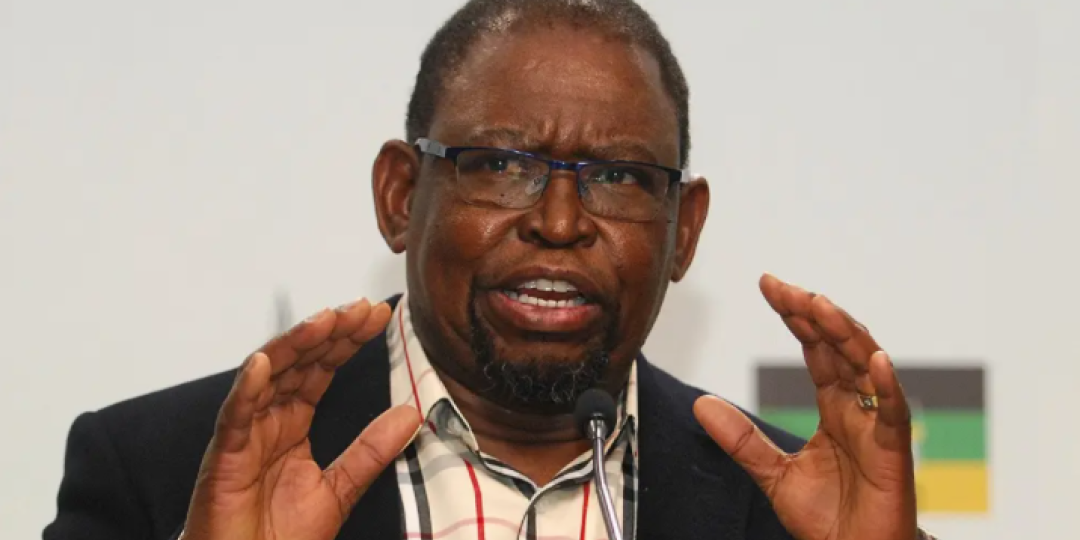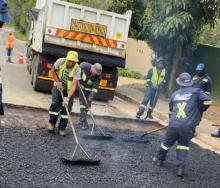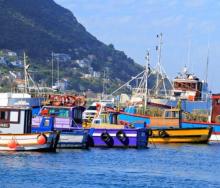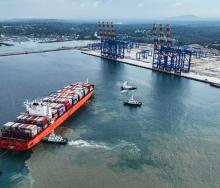Finance Minister Enoch Godongwana’s 2022 budget, which will be tabled in Parliament on Wednesday, is expected to deliver some positive short-term news but is also likely to raise uncertainty about the country’s medium-term fiscal sustainability.
Stellenbosch University’s Bureau for Economic Research (BER) said that it was possible that Godongwana might shed light on the government’s potential purchase of the Sapref refinery and on possible cash injections into SOEs such as the Post Office, Denel, and Sanral, if e-tolls were scrapped.
On a positive note, the BER said that the government was likely to report a sustained corporate tax windfall, driven by high commodity prices, which should see overall gross tax revenue exceeding Treasury’s November estimate of R50 billion (0.08% of GDP).
“This is conservative, with the final revenue overrun potentially notably higher. If the pace of revenue outperformance in the first nine months of the 2021/22 fiscal year is sustained through March 2022, revenue will top the November projection by roughly R130 billion (2% of GDP). In our view, the improved revenue outcome could result in a narrowing of the main budget deficit to 5.6% of GDP in 2021/22, much lower than the 6.6% expected by Treasury in November,” the BER said.
This is a vast improvement on the Covid-19-induced deficit of 9.9% of GDP in 2020/21.
The BER said that the higher revenue base in 2021/22 should feed through to higher revenue expectations over the next two years, enabling the government to finance the 12-month extension of the social relief of distress (SRD) grant beyond March 2022.
“Depending on the exact number of recipients, the SRD extension announced in the Sona could cost R35-R40bn. Importantly, tax hikes should not be necessary to fund this. However, beyond 2022/23, replacing the grant with some permanent form of additional income support is likely to require tax hikes. With no indication that these tax/expenditure trade-offs have been agreed, this week’s budget is unlikely to include permanent extra income support.”
Other issues that the Bureau is anticipating in the budget include updated projections for the public sector wage bill.
“With no clarity as yet on any new agreement, Treasury may stick to the flat projection for the wage bill in 2022/23 outlined in November. In our view, this is unlikely to materialise.”
It added that there was likely to be a delay in the signalled corporate tax cut from 28% to 27% amid indications that the accompanied corporate tax base-broadening measures had not been implemented yet. Injections into state-owned enterprises, in addition to the current budget baseline, such as Denel and the Post Office, were possible.
“If the Gauteng e-tolls are scrapped, road agency Sanral may also require support. In addition, a higher-than-normal fuel levy hike may also be on the cards if the e-toll system is removed,” the BER said.
It’s possible the minister may provide confirmation or denial that government is considering buying the Sapref oil refinery from Shell/BP, but any major announcement on Eskom’s debt transfer discussions is not expected.
An update on the progress of Treasury’s macroeconomic policy review, including its assessment of fiscal, monetary and macro-prudential policy, is also anticipated,
“The November budget statement mentioned that the draft review is scheduled for release for public comment by the end of March 2022. The review may pronounce on the feasibility of lowering the SARB’s 3-6% inflation target,” the BER said.













